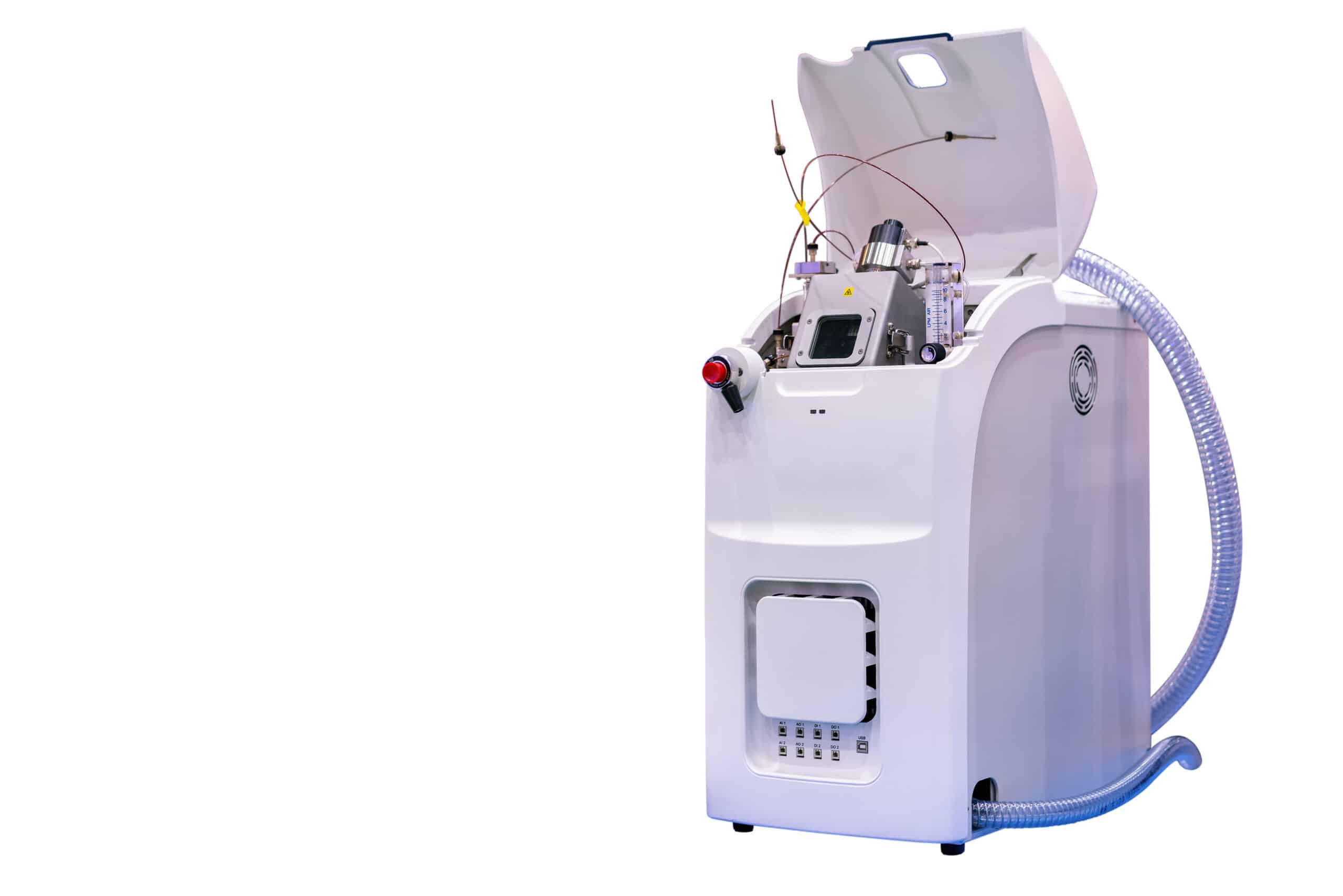Three biomarkers that indicate Alzheimer’s disease and mild cognitive impairment have been identified by researchers from the University of Alberta, findings which may be groundbreaking if proven worthy of use in clinical settings. Detecting the earliest signals of disease so prevention protocols can be implemented is important in any disease, especially in a debilitating one such as this with no known cure.
Saliva samples were taken from 109 patients who had been diagnosed with mild cognitive impairment, Alzheimer’s disease, or as being healthy. A powerful mass spectrometer was utilized to detect 6,230 metabolites in each sample, results were then compared to identify changes and/or differences among the different groups; analysis found 3 metabolites that can be used to differentiate between the three groups.
Although preliminary work in this small sampling yielded results that are very promising, it was noted further study making use of a larger sampling is required to validate their findings and to develop a saliva test for the disease. Results could be helpful in the fight against Alzheimer’s disease.
Upwards of 5.5 million Americans are estimated to possibly have the brain wasting disease, according to NIH, and these numbers will continue to increase in years to come if no cure is found, projections suggest an impending and staggering global impact of dementia and neurodegenerative diseases.
A simple saliva test could allow doctors to detect the disease sooner, and help monitor which treatments are the strongest among those already diagnosed. “Using the identified biomarkers we can do testing to see what treatments are most effective from diet to pharmaceuticals to physical activity.” says Professor Liang Li.




